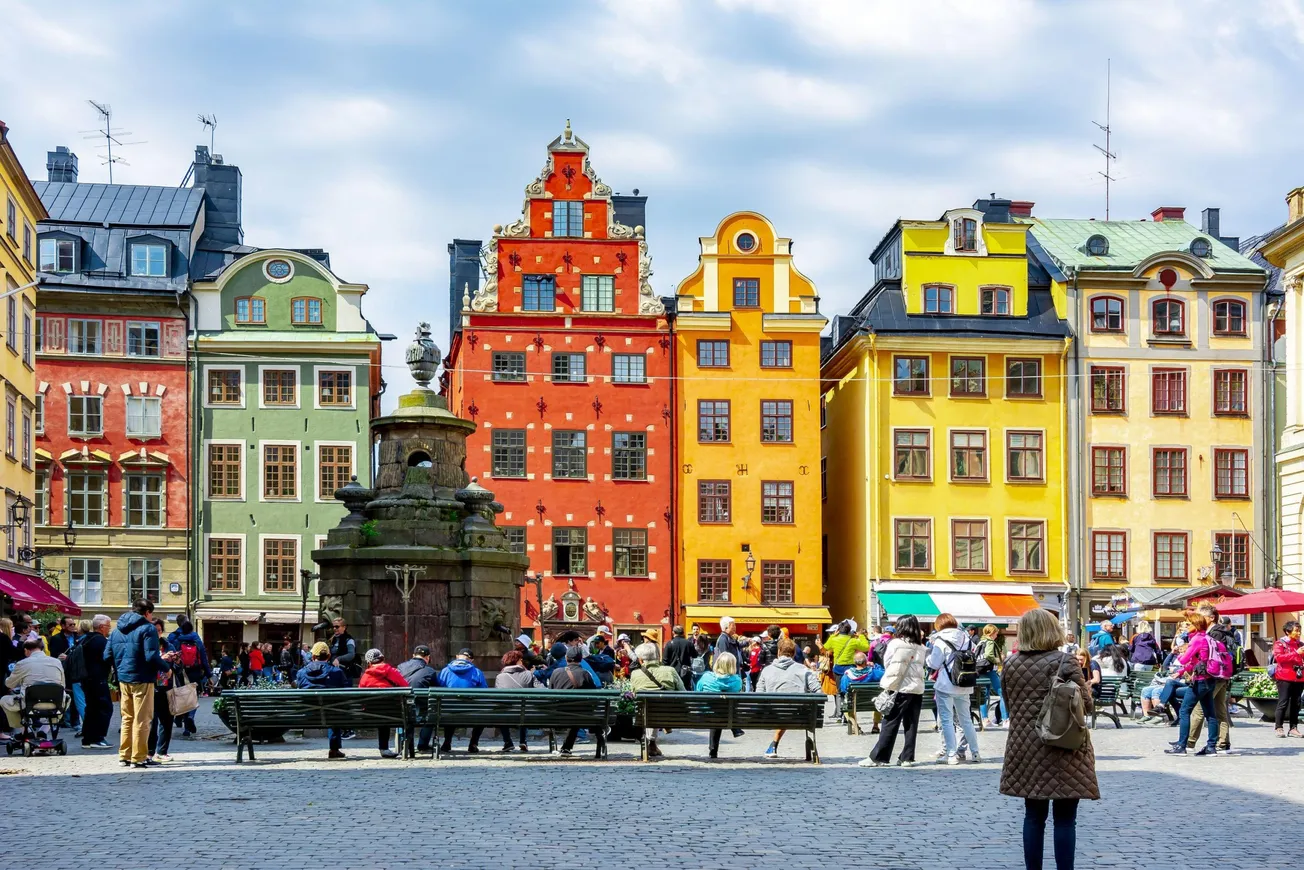Table of Contents
For years, those of us who pointed to the clear evidence that lockdowns were bad and ineffective policy were shouted down relentlessly. Pointing to Sweden as an example of good Covid policy was screeched at as “dangerous misinformation”.
Yet, once again, we — and Sweden — were right, and the Covidians were wrong. Deadly wrong.
New OECD analysis comparing excess deaths in 2020 and 2021 – the two worst years of the pandemic – for 36 developed nations reveals Australia had the fifth lowest increase in excess deaths, but came in behind Sweden, which attracted global scorn for resisting closing businesses, schools and ordering citizens to stay at home.
It should be noted, of course, that demographics have huge influence in Covid outcomes.
Including excess deaths – defined as those over and above what was expected – for 2022 as well puts Australia even further behind Sweden with an 8.2 per cent increase over the three-year period compared with Sweden’s 3.1 per cent.
Stefano Scarpetta, the director of employment, labour and social affairs at the OECD, said: “If you control for population growth (higher in Australia), Australia’s excess deaths rate over the three-year period as a whole was 2.1 per cent and in Sweden it was -0.6 per cent, that is no excess mortality. The reason why we use excess mortality (instead of Covid-19 deaths) is because in practice counting the number of deaths because of Covid is very difficult.”
Scarpetta also points out that it is difficult to distinguish between deaths “with” as opposed to “from” Covid.
There are two more, far more important factors that must be considered: population density and geographic isolation.
Population density in Sweden is 25/km². Australia’s is 3/km². New Zealand’s is 19.7/km². Australia and New Zealand are very isolated — New Zealand, one of the most isolated large countries in the world. Sweden, on the other hand, is crowded by its Scandinavian neighbours, and joined by land to densely-populated Europe.
With lower population densities and isolated by wide bodies of water, Australia and New Zealand ought to have been streets ahead of Sweden if lockdowns really did work. Instead, we respectively performed slightly worse and only slightly better.
For countries which, like Sweden, have high population density and share land borders with other nations, lockdowns had the opposite effect their spruikers claim.
Mexico and Colombia, which did impose lockdowns, endured the greatest increases in excess deaths of about 50 per cent. Japan and Sweden, the only two OECD nations to resist them, prompting international condemnation at the time, had among the lowest increases, ranking 4th and 8th, respectively.
The data also exposes the disastrous wrongness of “modelling” from the likes of Neil Ferguson, Shaun Hendy and the Doherty Institute in Australia — all used to justify lockdowns. Hendy’s prediction that “tens of thousands of people would die, our health system would collapse” was ludicrously wrong. The Doherty Institute’s “best case” modelling vastly exceeded the actual outcome in Australia. Ferguson was, as always, ridiculously wrong.
Epidemiologists at the UK’s Imperial College, whose dire forecasts early in the pandemic convinced the UK and US to impose lockdowns in March 2020, forecast Sweden would endure 96,000 Covid-19 deaths by July 2020 if it didn’t follow China and then Italy in imposing lockdowns. After three years, Sweden has experienced 23,777 deaths from or with Covid-19, compared with Australia’s 19,477, according to the World Health Organisation.
Even when we’re proven right, again, by the data, the Covidians stick their fingers in their ears and chant, “la-la-la-la”.
Two US public health experts who in 2020 recommended the Swedish approach – Stanford University’s Jay Bhattacharya and Harvard’s Martin Kulldorff – said they felt vindicated but despaired at the lack of appreciation of the findings and feared the same policies would be followed again.
“The thing to emphasise is that Sweden has had one of the lowest excess mortalities in all Europe during the pandemic no matter how you cut the data,” Professor Bhattacharya said. “If lockdowns were necessary to prevent death it should have had one of the worst. Sweden served as a control group for the world in ethical pandemic management and it was a rousing success.”
“Sweden served as a control group for the world in ethical pandemic management and it was a rousing success.”
It’ll come as an unwelcome blow to many BFD readers, but even God Emperor Trump is as wrong as any Covidian.
Former US president Donald Trump in April 2020 said Sweden was “suffering badly” from its decision to follow its pandemic plan, but the US, where lockdowns pushed the jobless rate above 15 per cent in 2020, ended up with five times as many excess deaths as Sweden and the sixth worst outcome, according to the OECD data.
And while Australia’s and New Zealand’s public debt soared, Sweden’s declined.
Japan, whose then prime minster, the late Shinzo Abe, was also criticised for resisting a European-style lockdown of the densely populated island nation, had the lowest level of reported population sadness in 2020 (11 per cent), according to the OECD report, while Mexico and Colombia reported the highest, each above 30 per cent.
The Australian
Is there anything the Covidians got right?









